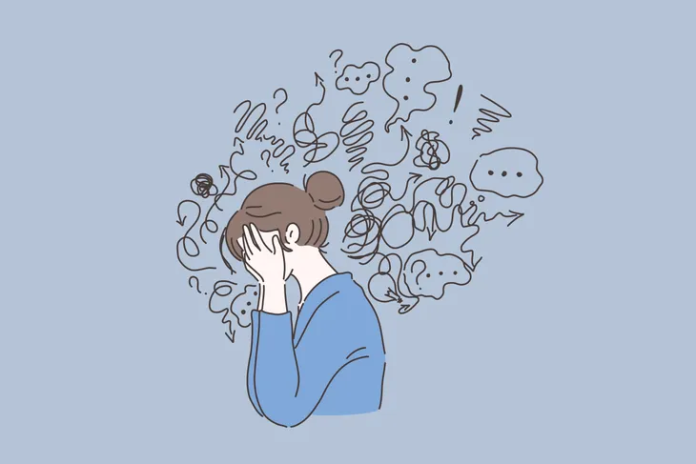
In the hustle and bustle of modern life, stress has become an ever-present companion for many. While it may seem like a fleeting inconvenience, the truth is that stress can have profound effects on both our physical and mental well-being. From elevated heart rates to compromised immune function, the impact of stress on the body is far-reaching and often underestimated.
At its core, stress triggers the body’s “fight or flight” response, flooding the bloodstream with hormones like adrenaline and cortisol. While this response is essential for survival in threatening situations, chronic stress can keep these hormones elevated for prolonged periods, leading to a range of health problems.
One of the most immediate effects of stress is on the cardiovascular system. As adrenaline surges through the body, heart rate and blood pressure increase, putting added strain on the heart. Over time, this can contribute to the development of hypertension, heart disease, and stroke.
Stress also takes a toll on the immune system, making us more susceptible to infections and illnesses. Cortisol, known as the “stress hormone,” suppresses immune function, making it harder for the body to fight off pathogens. This can lead to frequent colds, flu, and other infections, as well as slower wound healing.
Moreover, chronic stress can wreak havoc on the digestive system, causing symptoms like nausea, stomach pain, and diarrhea. It can also exacerbate conditions such as irritable bowel syndrome (IBS) and inflammatory bowel disease (IBD), leading to flare-ups and worsening symptoms.
The effects of stress are not limited to physical health—mental well-being is also deeply impacted. Chronic stress has been linked to an increased risk of anxiety, depression, and other mood disorders. It can disrupt sleep patterns, impair cognitive function, and contribute to feelings of overwhelm and burnout.
In today’s fast-paced world, it’s more important than ever to prioritize stress management and self-care. Incorporating relaxation techniques such as deep breathing, meditation, and yoga into your daily routine can help to counteract the effects of stress on the body and mind. Seeking support from friends, family, or a mental health professional can also provide invaluable assistance in navigating life’s challenges.
Remember, while stress may be an unavoidable part of life, how we respond to it is within our control. By taking proactive steps to manage stress and prioritize our well-being, we can weather the silent storm and emerge stronger and more resilient on the other side.




























